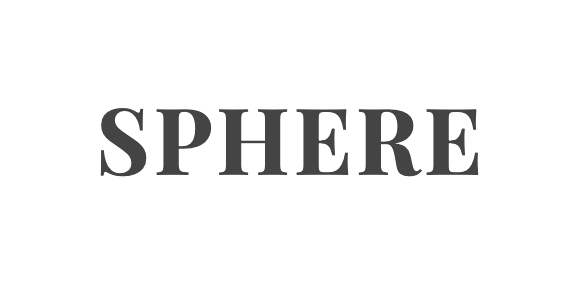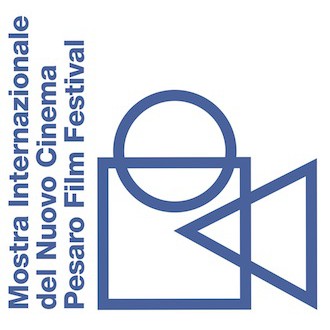
Women and Hollywood
Sept. 20, 2021.
by Laura Berger
https://womenandhollywood.com/lynn-sachs-film-series-coming-to-criterion-channel-film-about-a-father-who-to-make-streaming-premiere/
Following career retrospectives at Sheffield Doc/Fest 2020 and the Museum of the Moving Image in 2021, Lynne Sachs is being paid tribute to by the Criterion Channel. A press release announced that her films will join the channel next month along with a newly recorded interview with the filmmaker, exploring her works. Her latest feature, “Film About a Father Who,” a documentary about her own father, will be making its exclusive streaming premiere on the channel on October 13.
“The Criterion Channel is thrilled to present the exclusive streaming premiere of Lynne Sachs’ ‘Film About a Father Who’ this October. This raw and deeply personal excavation of the filmmaker’s complex family history will be accompanied by a number of Sachs’ experimental shorts, many of which also focus on exploring familial dynamics and family histories” said Penelope Bartlett, Director of Programming at the Criterion Channel.
Shot over a period of 35 years, “Film About a Father Who” is a portrait of Sachs’ businessman father, who had nine children with five women. The film is described as “her attempt to understand the web that connects a child to her parent and a sister to her siblings.”
“Over the course of my 30-year career in the film industry, it’s taken me an embarrassingly long time to move from seeing myself as a film student to a director,” Sachs wrote in a 2020 guest post for Women and Hollywood exploring the impact that artistic collaboration has had on her work. “As director, I acknowledge my dedication to my practice, the fact that I have made over 30 films ranging from three to 83 minutes long, the awards I’ve received, and the money I’ve been paid to do my job.”
Check out programming information about the film series below.
The Criterion Channel’s Directed by Lynne Sachs series programming includes:
Debuting on the Criterion Channel Oct. 13:
FILM ABOUT A FATHER WHO (2020)
Over a period of 35 years between 1984 and 2019, filmmaker Lynne Sachs shot 8 and 16mm film, videotape and digital images of her father, Ira Sachs Sr., a bon vivant and pioneering businessman from Park City, Utah. Film About a Father is her attempt to understand the web that connects a child to her parent and a sister to her siblings.
Debuting on the Criterion Channel Oct. 1:
E•PIS•TO•LAR•Y: LETTER TO JEAN VIGO (2021)
In a cinema letter to French director Jean Vigo, Lynne Sachs ponders the delicate resonances of his 1933 classic Zero for Conduct in which a group of school boys wages an anarchist rebellion against their authoritarian teachers.
MAYA AT 24 (2021)
Conscious of the strange simultaneous temporal landscape that only film can convey, we watch Maya in motion at each distinct age.
GIRL IS PRESENCE (2020)
During the 2020 global pandemic, filmmaker Lynne Sachs and her daughter Noa collaborated with Anne Lesley Selcer to create Girl is Presence. Against the uncertain and anxious pandemic atmosphere, inside domestic space, the ‘girl’ arranges and rearranges a collection of small and mysterious things.
THE WASHING SOCIETY (2018)
Collaborating together for the first time, filmmaker Lynne Sachs and playwright Lizzie Olesker observe the disappearing public space of the neighborhood laundromat and the continual, intimate labor that happens there. With a title inspired by the 1881 organization of African-American laundresses, The Washing Society investigates the intersection of history, underpaid work, immigration, and the sheer math of doing laundry.
WIND IN OUR HAIR (2010)
Inspired by the stories of Argentine writer Julio Cortázar, yet blended with the realities of contemporary Argentina, Wind in Our Hair is an experimental narrative about four girls discovering themselves through a fascination with the trains that pass by their house. A story of early-teen anticipation and disappointment, Wind in Our Hair is circumscribed by a period of profound Argentine political and social unrest.
THE LAST HAPPY DAY (2009)
During WWII, the US Army hired Sachs’ Hungarian cousin, Dr. Sandor Lenard, to reconstruct the bones of dead American soldiers. Sachs’ portrait of Lenard, who is best known for his translation of Winnie the Pooh into Latin, resonates as an anti-war meditation composed of letters, abstracted war imagery, home movies of children, and interviews.
WHICH WAY IS EAST (1994)
When two American sisters travel north from Ho Chi Minh City to Hanoi, conversations with Vietnamese strangers and friends reveal to them the flip side of a shared history. Lynne and Dana Sachs’ travel diary of their trip to Vietnam is a collection of tourism, city life, culture clash, and historic inquiry that’s put together with the warmth of a quilt.









